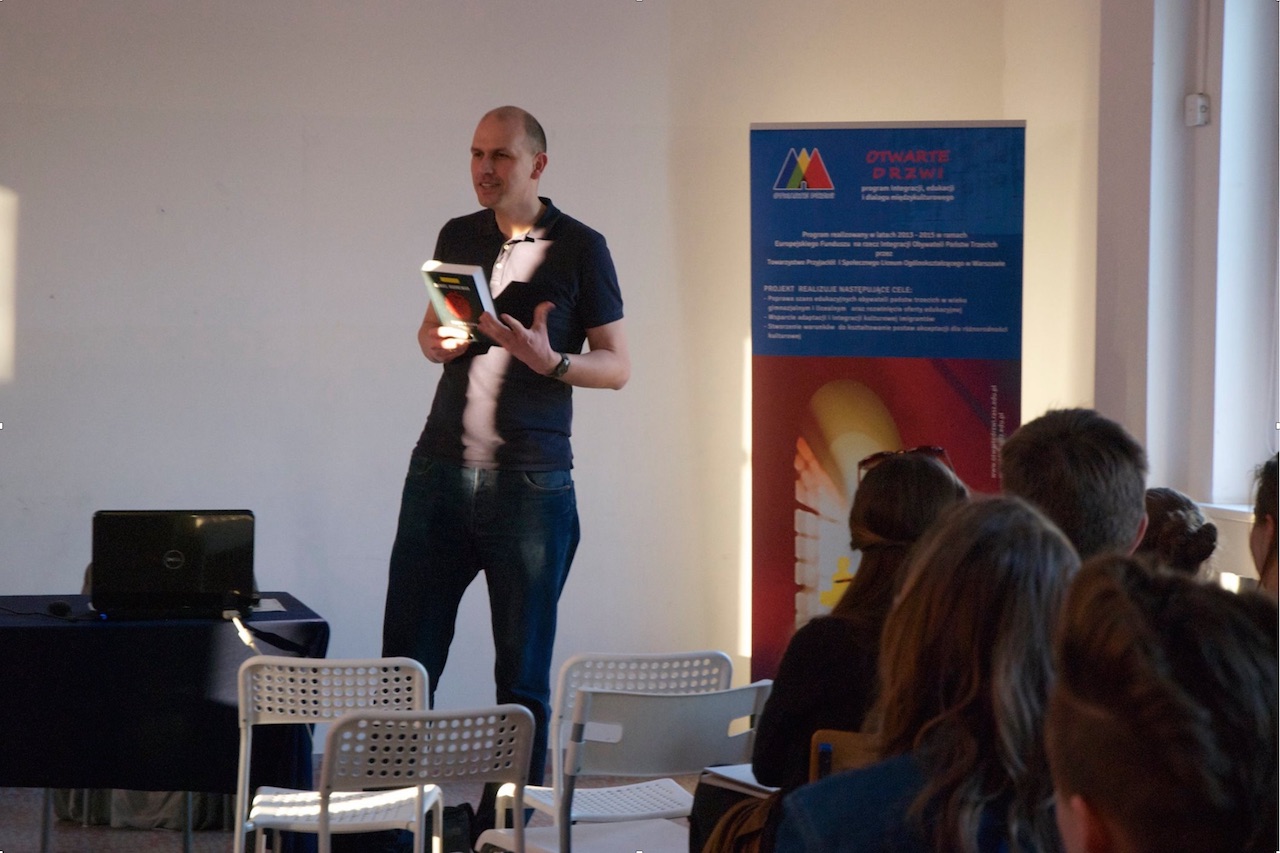Piketty: Capital in the Twenty-First Century [Review]
Ignored as it may have been for the past few decades, inequality is a subject stirring much debate today. One of the reasons for that is a book published in 2013 by a French economist Thomas Piketty, "Capital in the Twenty-First Century". All Piketty’s conclusions are induced from historical evidence which had been collected by Mr Piketty and his colleagues for over a decade.
Growing wealth gap
Alluding to a landmark book “Das Kapital” from 1867, Piketty has already been proclaimed “a modern Marx”. Whereas Marx urged that exploitation of labour force is the source for capitalists’ wealth accumulation, Piketty convinces that since wealth grows faster than economic output, over time the wealth gap between people who own wealth (with all its future returns) and people who don’t (th...
![Piketty: Capital in the Twenty-First Century [Review]](https://ibzine.ibrasz.pl/wp-content/uploads/2015/04/Piketty.jpg)



